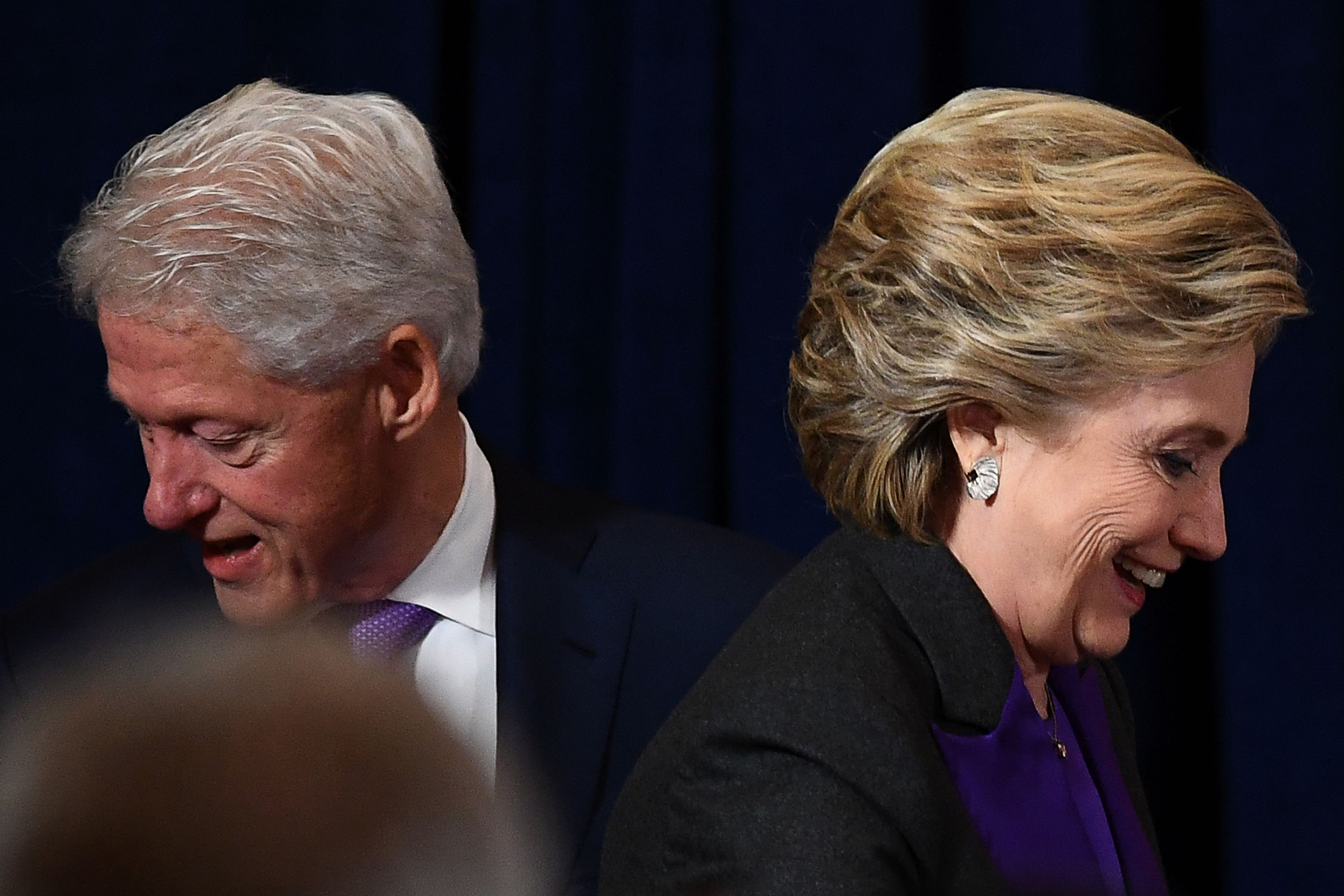India has officially requested the extradition of Hafiz Muhammad Saeed, the chief of the banned Jamaatud Dawa (JuD), for his alleged involvement in a money laundering case, confirmed the Pakistani Foreign Office. The Indian authorities accuse Saeed of orchestrating attacks across borders, but the chief of the banned outfit denies all claims. The extradition request comes despite the absence of a bilateral extradition treaty between Pakistan and India.
A Pakistani court had previously sentenced Hafiz Saeed, the founder of Lashkar-e-Taiba (LeT), to 31 years in prison in two cases of terrorism financing. The armed group has been blamed by both the United States and India for the deadly 2008 Mumbai siege. Saeed, arrested in 2019, was already serving a 15-year sentence after being found guilty of terror financing in 2020. The recent extradition request adds a new layer to the long-standing tensions between the neighboring countries.
Pakistan’s Response
Pakistan, in response to India’s extradition request, appears to have rejected the proposal, citing the lack of a bilateral extradition treaty. The Foreign Office Spokesperson stated, “Pakistan has received a request from the Indian authorities, seeking extradition of Hafiz Saeed in a so-called money laundering case.” The spokesperson emphasized the absence of a formal treaty between Pakistan and India for such extraditions, implying that the request might not be entertained.
Read More: Red Sea Disruption Causes Crisis in Pakistan’s Salt Export Industry
Despite the formal communication from India and the high-profile nature of Hafiz Saeed’s case, the rejection underscores the complex diplomatic relations between the two countries. The denial of extradition further heightens tensions between India and Pakistan, both of which have a history of disputes and conflicts.
Hafiz Saeed’s legal troubles began with his arrest in 2019, leading to a 15-year sentence for terror financing in 2020. In April 2022, an anti-terrorism court in Lahore found him guilty of terrorism financing once again, sentencing him to 32 years in jail. The multiple convictions are seen as Pakistan’s effort to comply with the Financial Action Task Force’s (FATF) action plan to address concerns related to terrorism financing. The recent extradition request from India adds a new layer of complexity to Saeed’s legal predicament.














